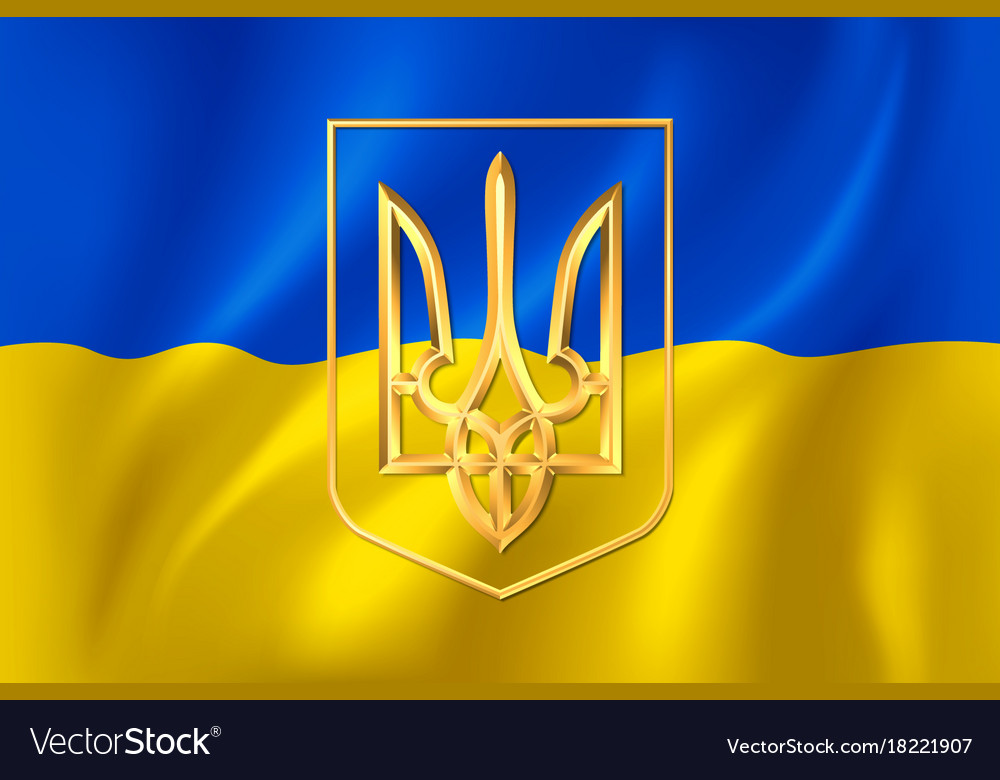
As the conflict in Ukraine unfolds on the news, in print and social media, Social Studies teacher at DVSS Peter Bjel says the conflict is affecting students.
“Because the conflict in Ukraine is rapidly happening in real-time, the reaction from my students, at least, has been of shock, disbelief, and more than a little fear. Few of them could have conceived of the reality of war on this scope returning to modern Europe, especially one involving a nuclear power (or potentially more). I think the fact that so few of them have had anything to say about the conflict says much about their feelings,” said Bjel.
He has some with Ukrainian heritage, and this resonates with them.
What is making this conflict unique is the world is seeing images coming from social media and citizen journalism. The war is also being fought through information channels.
“This conflict is being fought by the military as well as information means. Elon Musk’s company recently donated quite a few Starlink Dishys to the country that will enable Ukrainians to access the Internet (via Starlink’s space internet service) and bypass unreliable or compromised Internet connections and Russian hackers. Ground-level information and communication can now continue emanating from Ukraine.”
Often the truth suffers in times of conflict.
“Ever since the events of 2013-2014, Russian propagandists–including Vladimir Putin himself–have amplified the presence of rightists in Ukraine and freely accused the new Ukrainian government of being “Nazis” or “fascists” backed by the West. This has been repeated in recent days as one of the justifications for the invasion of Ukraine,” explains Bjel. “I am not sure how said propaganda can stand against the fact Ukraine, which has a terrible history with its Jewish community, currently has a Jewish man, Volodymyr Zelenskyy, as President.”
He said one of his students approached him about the role of extremists in the conflict.
“They asked if it would be a long-term problem with extremist, openly far-right militias being included in defense activities whose leaders might, eventually, demand their views and ideologies be given heed in a post-war scenario,” he said. “While a legitimate concern, the Ukrainian far-right is far less influential or significant than it is in some Western democracies.”
This conflict going on the heels of a worldwide pandemic weighs heavily on students, and seeing many young people in battle as unsettling.
“They know that wars, if push comes to shove, have been fought by young people like them. They also know Canada is a NATO country. One group of my senior high English students is currently reading a novel about the Vietnam War and how it was fought by both volunteers and draftees not much older than they are now. Another group of my senior high Social Studies students is soon to explore the subject of fascism in interwar Europe, and how this led to the Second World War. While we have yet to have major conversations about events unfolding in Ukraine right now, the point has been viscerally made that the world they are inheriting is a lot more complicated and dangerous than meets the eye.”

















